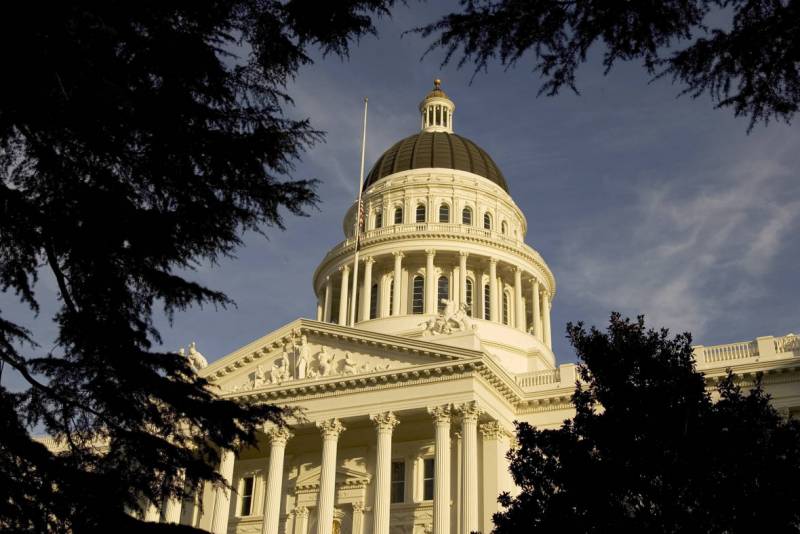“It changes the philosophy from ‘big brother government knows what’s best for you,’ ” said state Sen. Dave Cortese, a Democrat from San Jose. “We’ve been very prescriptive with that [foster care] population, as a state and as counties go. Look at the failure. Half of them don’t get their high school diplomas, let alone advance like other people their age.”
But some critics, like Republican Assemblyman Vince Fong of Bakersfield, say guaranteed income programs “undermine incentives to work and increase dependence on government.”
“We should be pushing policies that encourage the value of work,” said Fong, who abstained from Thursday’s vote. “Guaranteed income doesn’t provide the job training and skills needed for upward mobility.”
Guaranteed income programs date back to the 18th century. The U.S. government even experimented with them in the late 1960s and early 1970s during the Nixon administration before they fell out of favor.
But recently, guaranteed income programs have been making a comeback. Programs have been announced in New Orleans; Oakland; Tacoma, Washington; Gainesville, Florida; and Los Angeles — the nation’s second largest city, which has a plan to give $1,000 a month to 2,000 needy families.
The state wants to target programs that benefit pregnant people and young adults who are aged out of the foster care system, to help them transition to life on their own. The latter includes people like Naihla De Jesus, who was removed from her mother’s custody at 17 and bounced between living with an aunt, a godmother and a boyfriend until landing in a transitional housing program.
She became ineligible for that program when she turned 24 last year, which normally would have ended her government assistance. Instead, Santa Clara County taxpayers have been paying her $1,000 a month — up to a year — with no restrictions on how she can spend it, part of a local guaranteed income program targeting former foster care children.
De Jesus is also caring for her 9-year-old brother as his temporary guardian, while also battling anxiety and depression. She said her condition made it hard for her to keep a job because some days she didn’t have enough energy to get out of bed and go to work.
Now, she has a full-time job as a client support specialist with the Bill Wilson Center, where she works with young people who are in situations like hers. She said she doesn’t worry about money like she used to, choosing to save most of what she gets from the guaranteed income program. She used some of it to buy things for her brother, whose interest in expensive electronics grows as he gets older.
And she also used some the money to save for a down payment for her “dream car,” a blue Subaru WRX.
“I’m proud of myself, of where I am,” De Jesus said. “I don’t have to stress and then isolate myself and overthink, ‘Oh, I’m not going to have enough money to pay my rent or pay my phone bill.’ ”
Santa Clara County’s program has cost the county $1.4 million so far. Participants get the money on a debit card, which they can use for purchases or can withdraw from an ATM. County officials ask them to fill out surveys to monitor how they are doing, but administrators haven’t yet completed a thorough analysis, said Melanie Jimenez Perez, who oversees the program.
An analysis of a guaranteed program in Stockton found full-time employment increased among participants after the first year of receiving the money.

